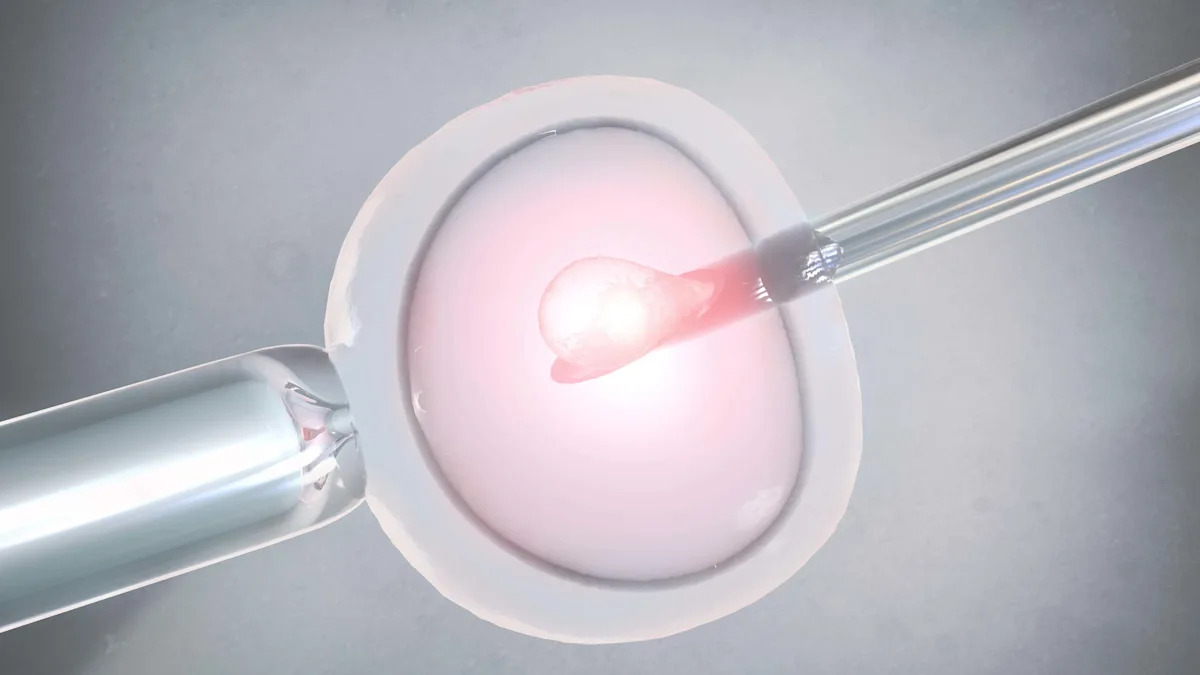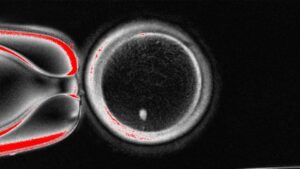A recent study involving experts from King’s College London, Anglia Ruskin University, and the University of Leeds suggests that women in same-sex relationships who choose to undergo co-IVF fertility treatment may face higher risks of complications for themselves and their baby. Co-IVF or reciprocal IVF, which has seen a sharp increase in the UK, involves the creation of embryos from one partner’s egg and donor sperm, which are then implanted into the second partner. The research found that co-IVF may come with an increased risk of conditions such as pre-eclampsia and gestational diabetes. Although co-IVF reportedly offers better live birth rates, it was also linked to lower birth weights in babies. The researchers emphasised the need for further larger-scale study on these preliminary findings but stressed the importance of providing full, unbiased information to women about the extra risks associated with carrying a donor-egg pregnancy.










